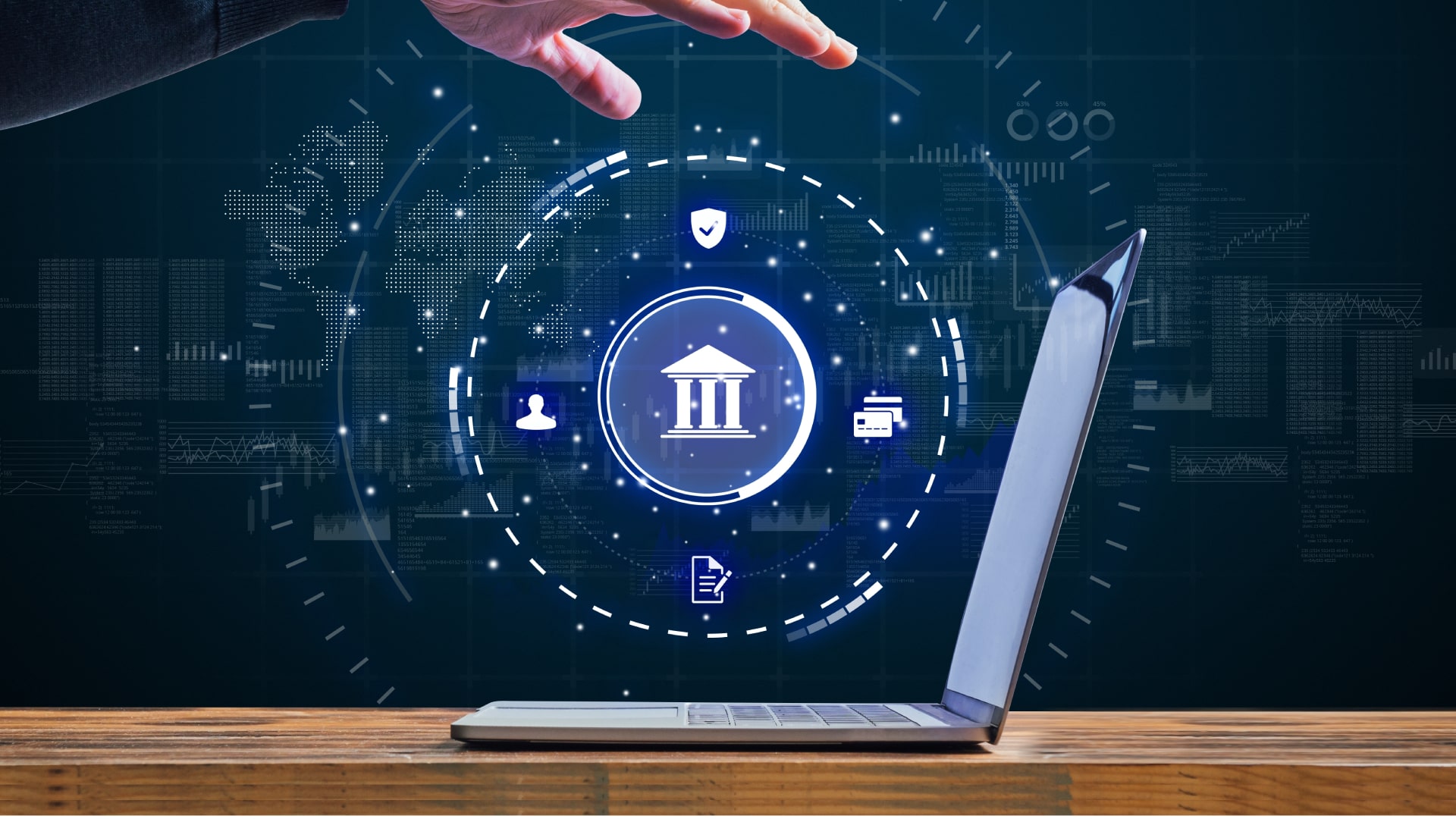Republican Senators Oppose Central Bank Digital Currency
A group of Republican senators, led by Senator Ted Cruz of Texas, is taking actions to limit the Federal Reserve’s ability to launch a central bank digital currency (CBDC). Representatives such as Bill Hagerty, Rick Scott, and Kevin Cramer are planning to introduce a bill aimed at preventing “surveillance state in the case of central bank digital currencies.”
Legislation Project and the 2024 Presidential Elections
Republican senators aim to make the CBDC issue a significant point during the upcoming 2024 presidential elections. They hope that this topic will be a subject of discussion not only among voters but also among candidates running for the office of the President of the United States.
Risks Associated with the Central Bank Digital Currency
The legislative project, which seeks to limit the Fed’s ability to introduce CBDC, is based on arguments regarding the necessity of obtaining Congress’s approval for such a decision. Senators express concerns related to citizens’ privacy and financial autonomy, fearing potential surveillance and control by the federal government.
- Controversies and Concerns
Critics of the plans concerning the central bank digital currency point out that the potential introduction of CBDC could pave the way for monitoring and interference in Americans’ financial transactions by federal authorities, raising many doubts and concerns among citizens.
The Biden Administration’s Position on Central Bank Digital Currency
It is worth noting that the current administration under Joe Biden has authorized the Federal Reserve to conduct research on the potential of CBDC to improve the efficiency and accessibility of payments. However, as of now, no final decision regarding the introduction of a central bank digital currency has been made.
Given the differences of opinions and concerns regarding the potential introduction of CBDC, this issue remains one of the crucial topics of public debate, both among politicians and the citizens of the United States.




